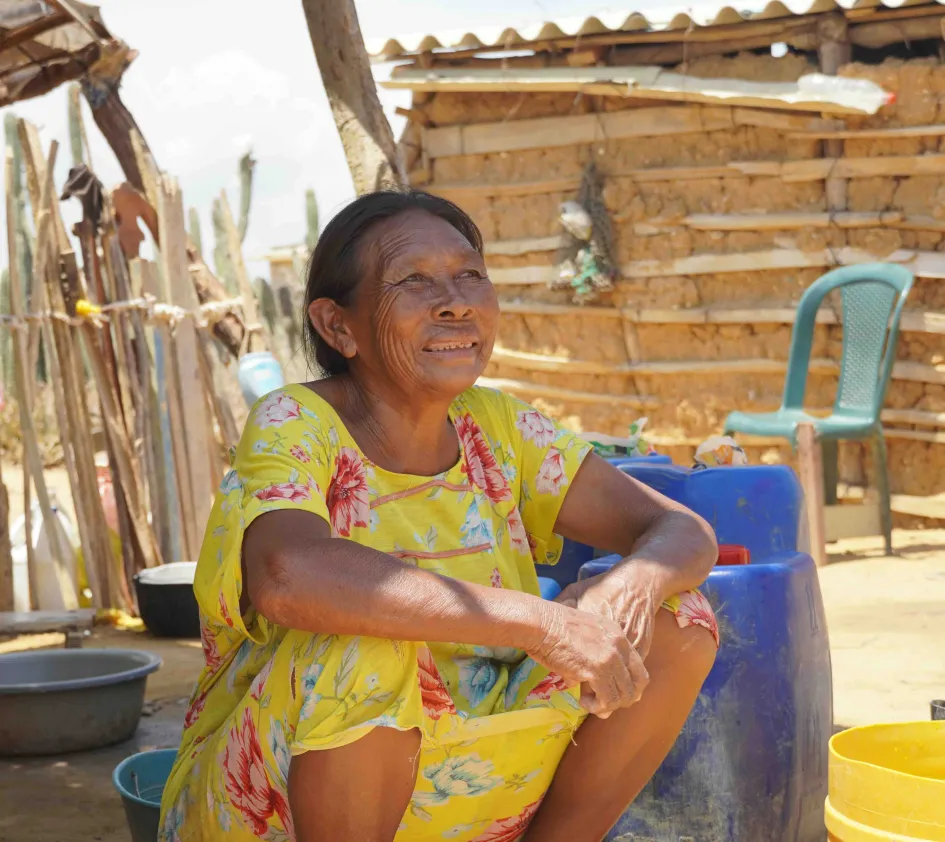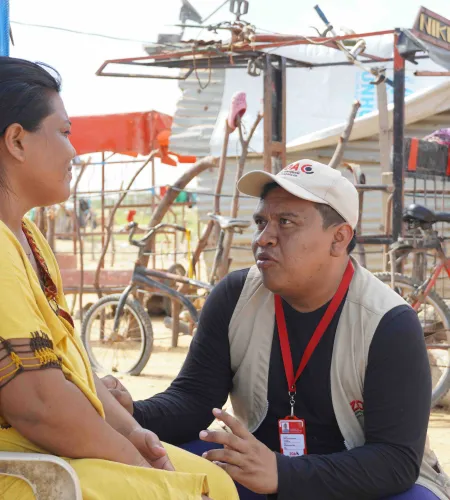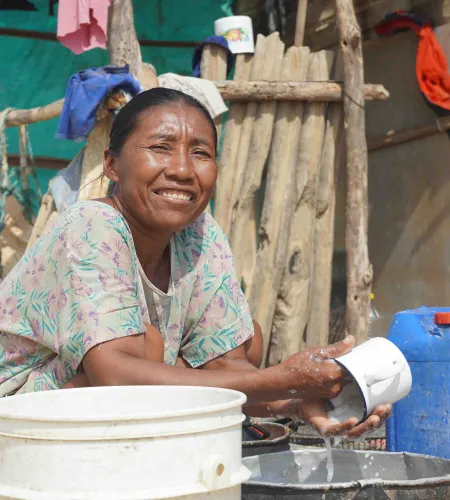“It came as a surprise,” says Mike, Country Director of ZOA Colombia. “It all came tumbling down overnight. At first, we thought: this is temporary. But it quickly became clear that we really had to stop.”
Since its launch in 2019, ZOA worked in Colombia on innovative and life-changing assistance for the most vulnerable. With fourteen field offices across the country, ZOA focused on migrants, including those in transit. Remote communities were also reached.



